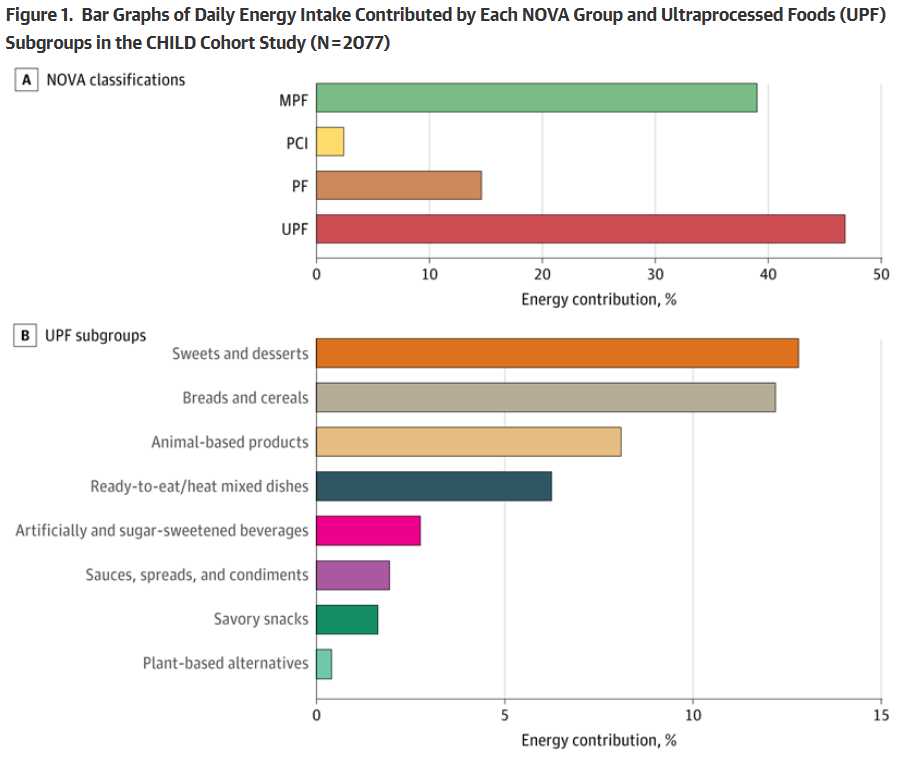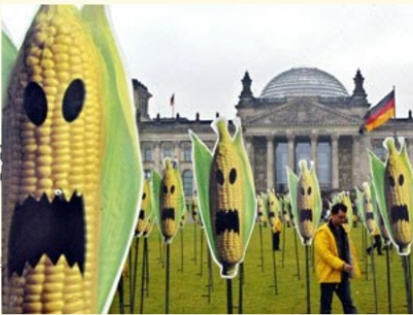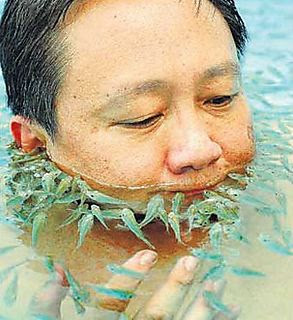California faces an identity crisis. The financial mismanagement is so well known that late-night talk show hosts make jokes about getting loans...from
Greece. Three years ago,
third world countries like Romania were safer bonds than California but now Greece is better too? That's kind of sad. The tired old 'we will cut important services for show until you vote for tax increases' strategy seems to have petered out. But California wants to continue to buy friendship from the 'green' contingent even as the money runs out.
A cap and trade system for carbon dioxide has been a terrific flop; even proponents are leery that it is just another layer of bureaucracy and the only economic benefits have been of the economic voodoo kind, similar to a federal stimulus package that went primarily to state and municipal union employees were called 'jobs saved' in a brilliant bit of marketing.
Why would anyone want to export that fiasco to another environmental issue? It's academic. Sometimes academic is obviously a good thing; basic research, for example. And sometimes 'academic' connotes 'out of touch with reality', like people in the humanities who try and argue that communism really works, it's just that no one has really tried it.
Helicopter parents rejoice - when you are not slathering on chemicals to make sure your cherubs never get any sunshine and scraping off deadly pathogens with antibacterial soap, you can further protect your offspring by insuring they catch no debilitating diseases from...a garden hose.
Sure, millions of years of evolution and drinking water a lot more polluted than the municipal kind didn't kill humans but our ancestors did not have to contend with evil BPA.
What, you think BPA is just more health scare journalism during slow news weeks when no miracle vegetable stories are available? Why do you hate children so much?
A double-blind, placebo-controlled, crossover trial of sildenafil, brand name Viagra, showed improvement in echocardiogram measures of myocardial performance in children and young adults after Fontan surgery - basically, kids with congenital heart defects were helped by a drug commonly associated with sexual dysfunction in older men.
Fontan surgery, also called the Fontan/Kreutzer procedure, was developed in 1968 and first performed by Francis Fontan, where he connected the right atrium directly to the pulmonary artery, basically meaning he got a defective heart to work without the right ventricle, functioning with three chambers instead of four.
Anti-science hippies who invoke the precautionary principle to extremes (but only about their own causes) are not just an American cult phenomenon; Europe invented anti-science hysteria and the term Frankenfood.
In the Philippines, the problems and hysterical claims are similar but the results have been better for science - though still not without disagreement. We can forgive Philippine judges who don't understand biology and science when they want to act more cautiously but the National Academy of Science and Technology (NAST) there is not in the voting pocket of progressive activist groups so their language is a little more blunt regarding outsiders using scare tactics to trump science.
Garra rufa - "doctor fish' - are now trendy in some fish pedicure places. The pedicuree dips their feet (see? I don't specify a gender or make any judgments, I am not Manny Pacquiao) into water containing the fish and the little critters exfoliate you by basically eating the dead skin from your toes.
 Canadian Epidemiologists Claim Processed Foods Cause Bad Kids
Canadian Epidemiologists Claim Processed Foods Cause Bad Kids What AI Can't Do: Humanity’s Last Exam
What AI Can't Do: Humanity’s Last Exam Does NBA Income Inequality Impact Team Performance?
Does NBA Income Inequality Impact Team Performance? Dogs And Coffee: Finally, Epidemiology You Can Trust
Dogs And Coffee: Finally, Epidemiology You Can Trust









